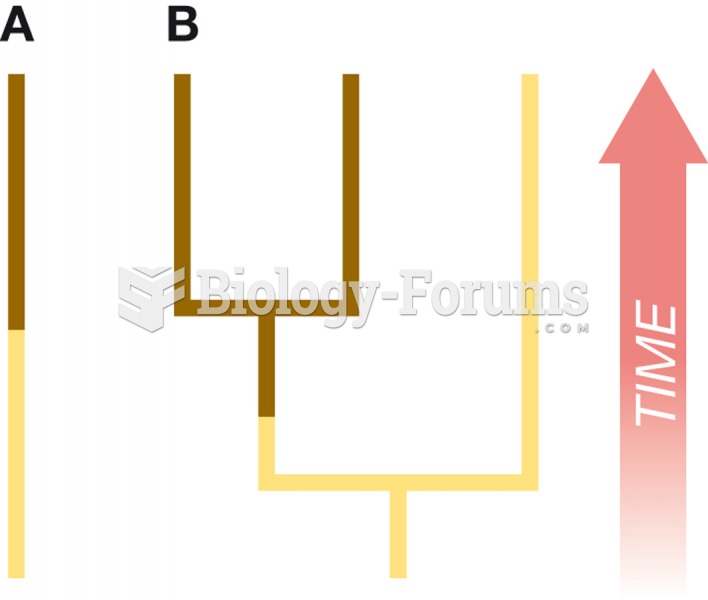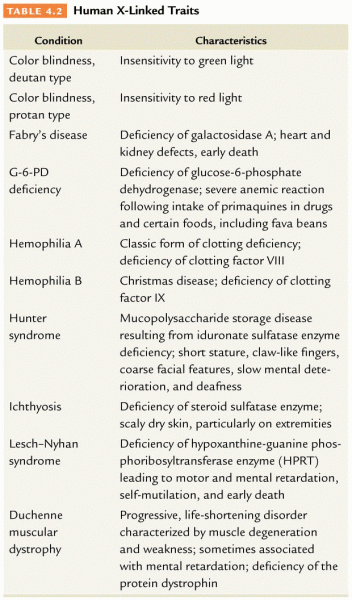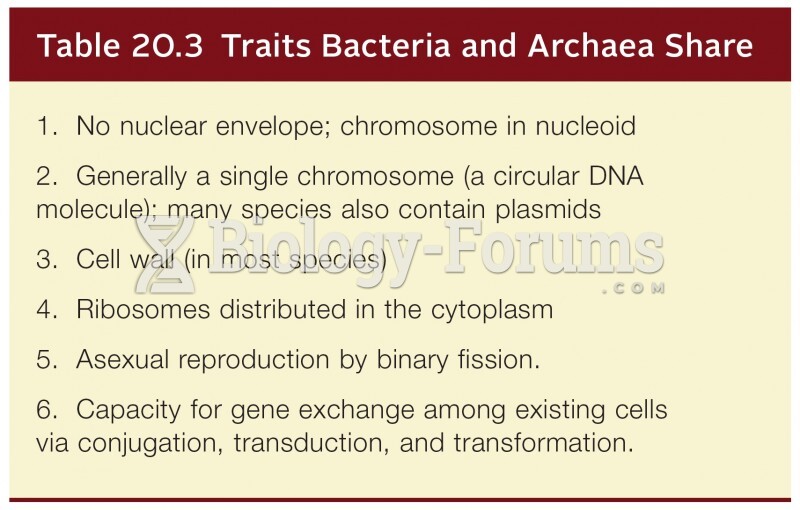Answer to Question 1
Extraversion, or positive affectivity, is a personality trait that predisposes individuals to experience positive emotional states and feel good about themselves and about the world around them. Extravertspeople high on the extraversion scaletend to be sociable, affectionate, and friendly. Introvertspeople low on the extraversion scaleare less likely to experience positive emotional states and have fewer social interactions with others.
Neuroticism, or negative affectivity, reflects people's tendency to experience negative emotional states, feel distressed, and generally view themselves and the world around them negatively. Individuals high on neuroticism are more likely than individuals low on neuroticism to experience negative emotions and stress over time and across situations. Individuals who are high on neuroticism are more likely to experience negative moods at work, feel stressed, and generally have a negative orientation toward the work situation.
Answer to Question 2
An organization's ethics are the values, beliefs, and moral rules that its managers and employees should use to analyze or interpret a situation and then decide what is the right or appropriate way to behave to solve an ethical dilemma. An ethical dilemma is the quandary that managers experience when they have to decide if they should act in a way that might benefit other people or groups, and that is the right thing to do, even though doing so might go against their own and their organization's interests. A dilemma may also arise when a manager has to decide between two different courses of action, knowing that whichever course he or she chooses will result in harm to one person or group even while it may benefit another. The ethical dilemma here is to decide which course of action is the lesser of two evils.






